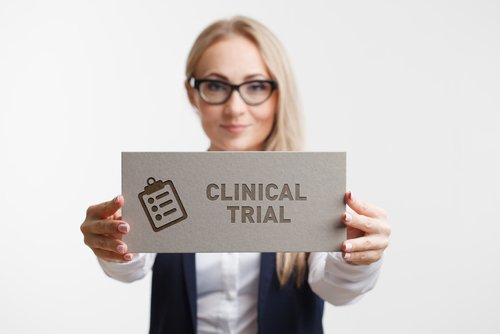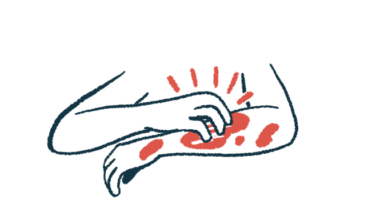RegeneRX, GtreeBNT Provide Update on RGN-137 for Treatment of Epidermolysis Bullosa

RegeneRx Biopharmaceuticals announced a clinical trial update on RGN-137, an investigational therapy for the treatment of epidermolysis bullosa (EB). The update was provided by GtreeBNT, RegeneRx’s partner for the development of RGN-137 in the United States.
RGN-137 is a thymosin βeta-4 (Tβ4)-based dermal gel that being developed to accelerate wound healing in patients with epidermolysis bullosa. Tβ4 is a protein naturally produced by the body that has wound-healing and anti-inflammatory properties. In fact, Tβ4 is one of the first proteins to be produced during an injury, suggesting that it plays an important role in the healing process.
RegeneRx’s licensee, GtreeBNT, is sponsoring clinical trials across the United States and Europe, with an open study expected to start by the end of 2018 to test RGN-137. GtreeBNT has established clinical sites at which patients with EB will be recruited for the open study.
“The production of investigational product for an Open Study has been completed. We also have signed a contract with the clinical sites where recruitment of EB patients will start soon,” according to a RegeneRX news release. “In terms of the regulatory aspect, the [Food and Drug Administration] already approved our Open Study Protocol. We are currently preparing for the final clinical trial.”
RGN-137 has also received FDA clearance to start a Phase 3 efficacy study in the United States. However, in June 2018, the FDA set out new guidelines for EB research, which led GtreeBNT to revise the Phase 3 clinical trial design to suit the new guidelines. The Phase 3 trial is set to start in 2019.
According to the companies, the soon-to-begin Open Study is expected to make an important contribution to the design of the Phase 3 study that will incorporate the new FDA guidelines.
Previous data from a Phase 1 clinical trial evaluating the safety of RGN-137 in healthy subjects showed no serious adverse events, as well as no treatment-related adverse events, when RGN-137 was applied to the skin.
A Phase 2 placebo-controlled clinical trial (NCT00311766) to assess the efficacy of RGN-137 in EB patients showed that daily treatment with the drug, for up to 56 days, helped improve wound healing with no serious adverse events reported.






